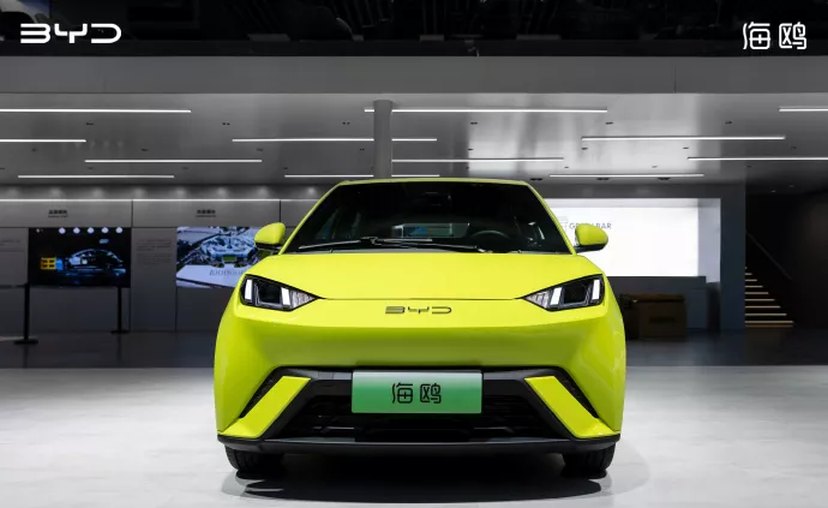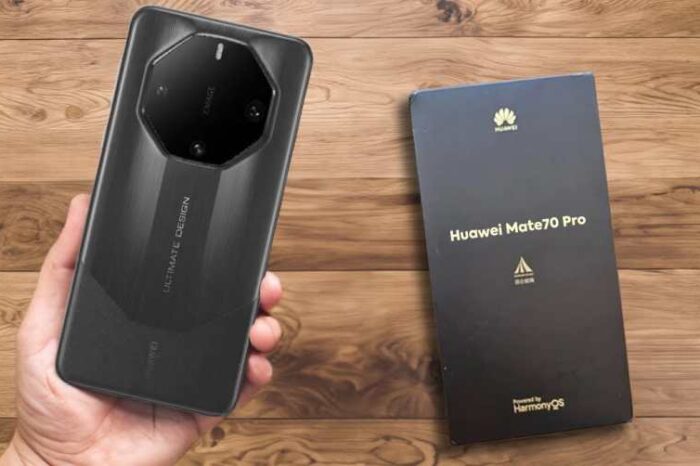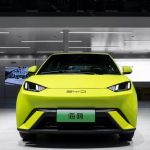Chinese electric car startup JAC unveils the world’s first EV car that runs on SODIUM-ion battery

The prevailing narrative and common misconception here in the United States is that China imitates and cannot innovate. But this perception is far from accurate. When examining crucial indicators of innovation and performance in advanced industries, China has actually surpassed the United States in terms of total innovation output and is rapidly closing the gap on a proportional basis.
In fact, China leads the world with 4.2 million filed in 2022, making it the first country in the world to surpass the threshold of 3 million. An example of this is also found in innovation in electric vehicle (EV) technology when a Chinese EV startup JAC unveiled the world’s first EV car powered by better and cheaper SODIUM-ion batteries.
The battery, which has the potential to lower the cost of electric vehicles (EVs) by 10 percent, was developed by Beijing-based start-up Hina Battery Technologies. According to Hina, the JAC EV, a demonstration car equipped with a 25 kilowatt-hour (kWh) battery, can travel up to 250 kilometers on a single charge.
“A surge in lithium carbonate prices last year made many battery manufacturers and downstream users face ever-rising cost pressures,” Hina said. “Therefore, sodium-ion batteries offering better cost-performance, high safety as well as excellent cycle performance, have been widely expected as the most promising alternative to lithium-ion batteries.”
Following the successful test, Chinese EV giant BYD becomes the first major EV company to base its new BYD Seagull on a sodium-ion battery with a price tag starting at just 78,000 yuan ($11,300). In addition, CATL will start mass production of these batteries and China is expected to have 95% of the market share.
Unlike the commonly used Lithium-Ion batteries in most electric cars, Sodium is cheaper and does not require Cobalt or Nickel. Sodium is not only cheaper but also 500 times more abundant than lithium. Moreover, Sodium-ion batteries also have the benefit of faster charging capabilities compared to lithium-ion alternatives and boast a lifespan that is three times longer.
A copy of Sodium-ion research is published in Carbon Energy.
Carbon Energy - 2022 - Chen - Oxide cathodes for sodium‐ion batteries Designs challenges and perspectives




